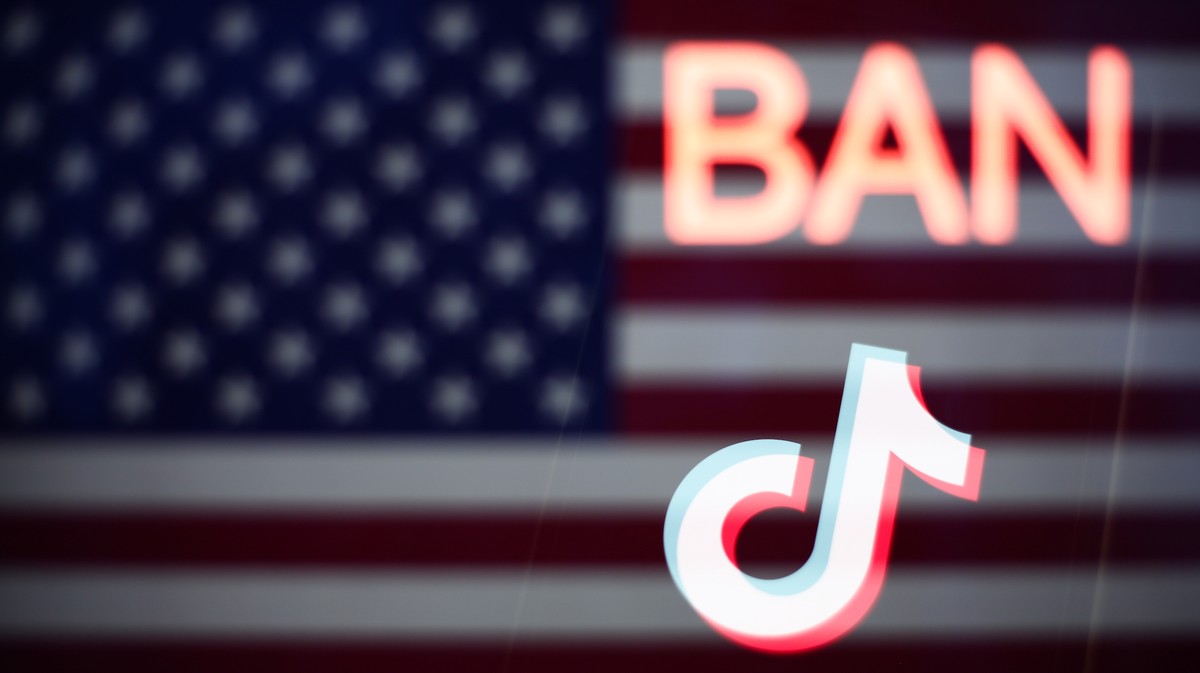Image: NurPhoto/Contributor
Hacking. Disinformation. Surveillance. CYBER is Motherboard’s podcast and reporting on the dark underbelly of the internet.
The RESTRICT Act, a proposed piece of legislation which provides one way the government might ban TikTok, contains “insanely broad” language and could lead to other apps or communications services with connections to foreign countries being banned in the U.S., multiple digital rights experts told Motherboard.
The bill could have implications not just for social networks, but potentially security tools such as virtual private networks (VPNs) that consumers use to encrypt and route their traffic, one said. Although the intention of the bill is to target apps or services that pose a threat to national security, these critics worry it may have much wider implications for the First Amendment.
“The RESTRICT Act is a concerning distraction with insanely broad language that raises serious human and civil rights concerns,” Willmary Escoto, U.S. policy analyst for digital rights organization Access Now told Motherboard in an emailed statement.
Do you know anything else about the RESTRICT Act? We’d love to hear from you. Using a non-work phone or computer, you can contact Joseph Cox securely on Signal on +44 20 8133 5190, Wickr on josephcox, or email joseph.cox@vice.com.
The Restricting the Emergence of Security Threats that Risk Information and Communications Technology (RESTRICT) Act is led by Senators Mark Warner (D-VA) and John Thune (R-SD). The pair introduced the bill earlier this month, which is deliberately not limited to just TikTok.
Under the RESTRICT Act, the Department of Commerce would identify information and communications technology products that a foreign adversary has any interest in, or poses an unacceptable risk to national security, the announcement reads. The bill only applies to technology linked to a “foreign adversary.” Those countries include China (as well as Hong Kong); Cuba; Iran; North Korea; Russia, and Venezuela.
The bill’s langua



